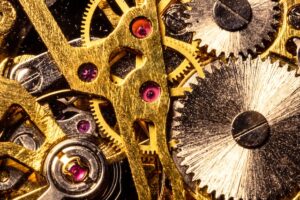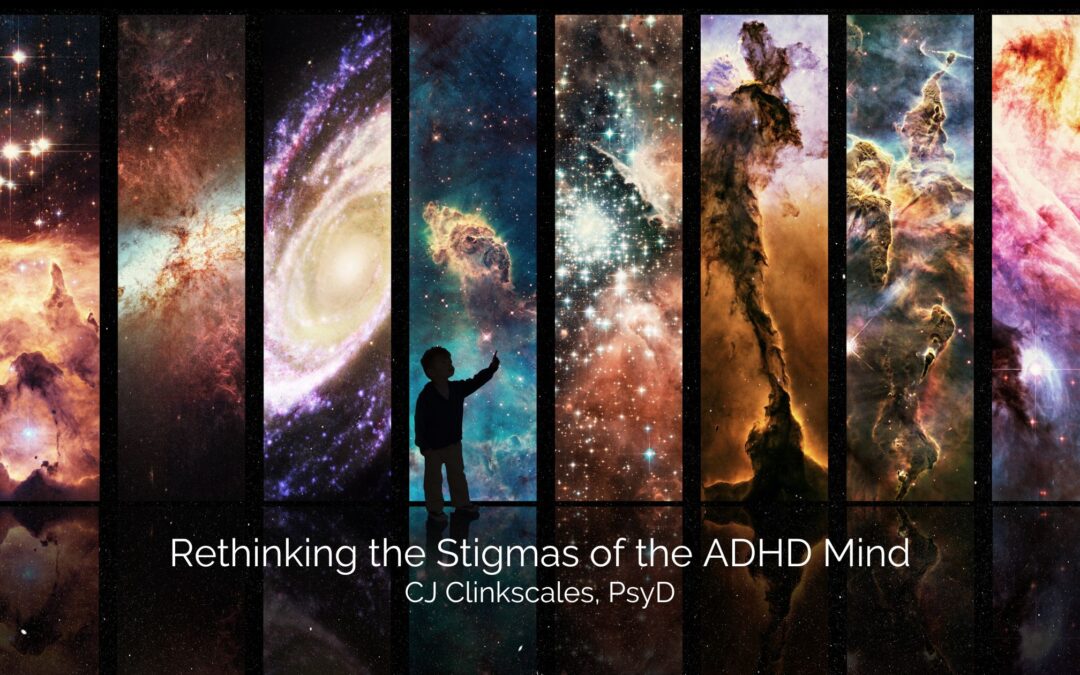ADHD is a diagnosis in our society that often comes with scrutiny and misunderstanding. Many dialogues proclaim that “ADHD is not a disorder” or “isn’t a big deal.” Further, individuals who have ADHD are often told they are “lazy,” “unmotivated,” “chaotic,” or “too much.” This is not true. Individuals with ADHD can hyper-focus, which often makes them incredibly driven, passionate, and motivated. Unfortunately, this hyper-focus only occurs when individuals with ADHD find something they are genuinely interested in. Usually, this “something” is not necessarily school-related, as the classic school setting does not cultivate an environment that is conducive to the ADHD mind.

Unfortunately, the strengths associated with ADHD are not well recognized or appreciated by our Western society. Individuals with ADHD are often demeaned and questioned for their way of functioning in and viewing the world, making them feel “stupid,” “bad,” “alienated,” or “broken.” These are common feelings that individuals with ADHD reflect as a part of their experience, and sadly, create a great deal of distress as they feel the need to hide aspects of themselves to feel accepted by their peers, colleagues, friends, and families. Moreover, as previously mentioned, these individuals are incredible problem solvers who can think quite flexibly and become very skilled at hiding parts and pieces of themselves from the world. Ultimately, if unaddressed or not given healthy outlets for their authentic self-expression, individuals with ADHD can feel profoundly misunderstood, isolated, lonely, depressed, and angry/resentful. Believing there is “something wrong with them,” instead of celebrating the unique differences that make them sources of innovation, creativity, and change in their communities.

Dr. CJ Clinkscales works with many people who have ADHD in therapy. He is also part of our assessment team. He is accepting new clients now. Call to schedule a free 30-minute consultation, 720.675.7123 or fill out the form and someone from our admin team will be in contact with you.
Photo Credits:
Photo by Lucas Santos on Unsplash
Photo by Hans Isaacson on Unsplash


